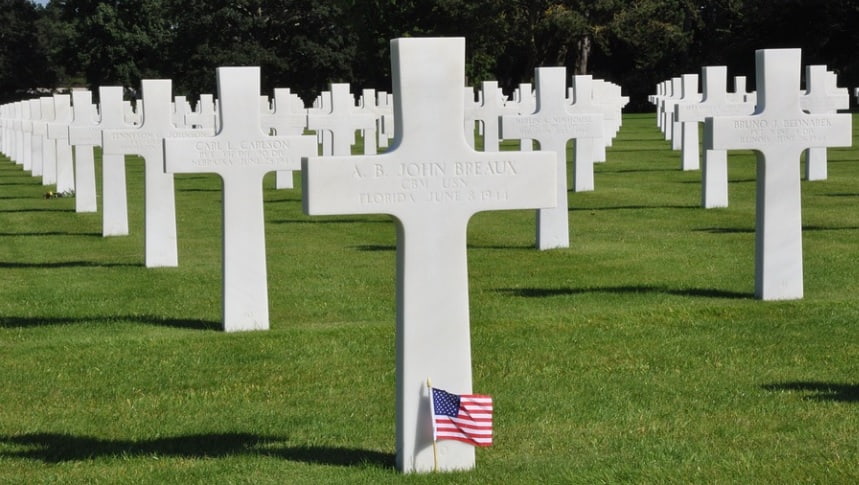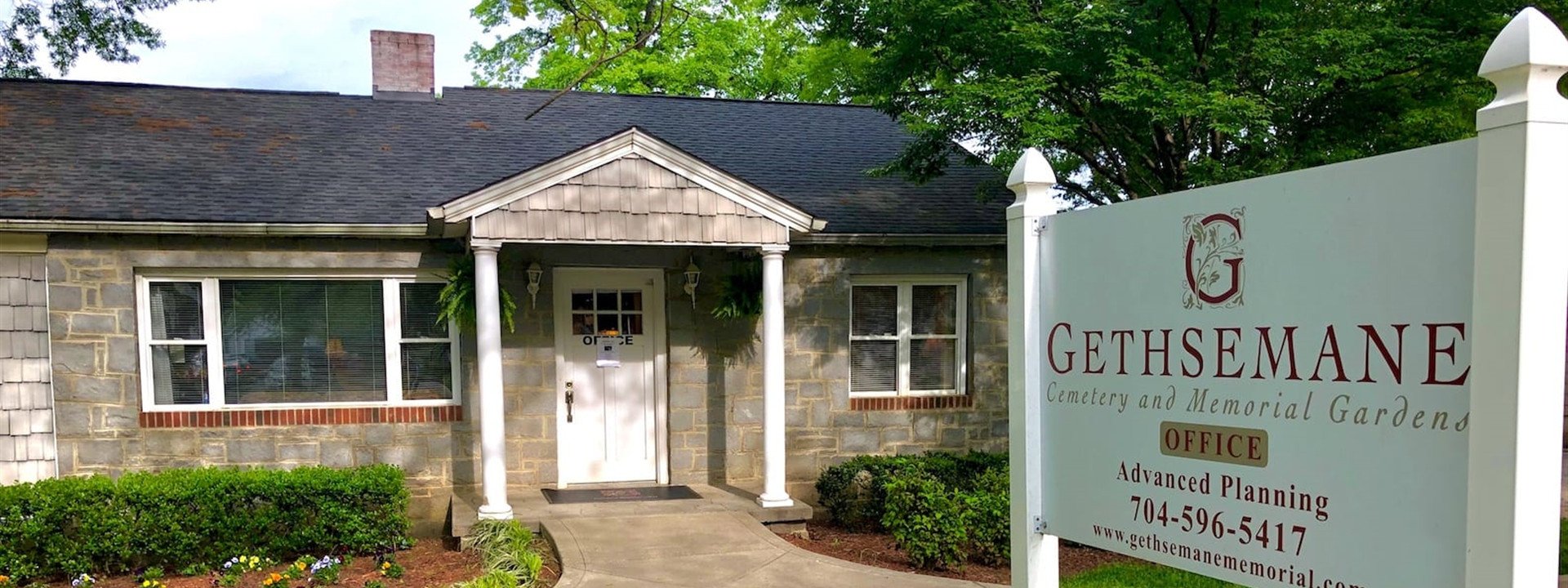
Military Cemeteries: Honoring Our Fallen Heroes
Military cemeteries, with their distinct air of respect and solemnity, serve as powerful reminders of the bravery and sacrifices made by men and women in service to their country. Across the United States and in many other parts of the world, these sacred spaces stand as enduring tributes to our fallen heroes, allowing us to honor their memory and their dedication to protecting our freedoms.
Among the multitude of Huntersville, NC cemeteries, Gethsemane Cemetery and Memorial Gardens sets a profound example, providing a serene final resting place for those who have served. Understanding the significance of veteran cemeteries is about appreciating more than just their well-maintained landscapes and uniform headstones; it’s about recognizing the lives, stories, and sacrifices they represent.
As we delve into the world of military cemeteries, we will explore their unique symbolism, features, and protocols. This journey underscores the importance of honoring our fallen heroes and appreciating the peace and dignity offered by these special burial grounds.
The Symbolism and Significance of Military Cemeteries
Military cemeteries hold a special place in our communities, serving as historical touchpoints and symbols of valor. These grounds house the remains of our fallen heroes, each one a testament to a life of service, dedication, and courage. Each marker, standing in uniform alignment, is not just a memorial; it tells a tale of sacrifice, of bravery, and of a commitment to protecting freedom.
The organization and structure seen in military cemeteries mirror the discipline and order that are characteristic of military life. This symbolism extends beyond aesthetics, reminding us of the unwavering spirit and camaraderie of those who have served.
Military Cemeteries as a Tribute to our Fallen Heroes
Walking through a military cemetery is an exercise in remembrance and respect. It provides us a chance to pay tribute to individuals who laid down their lives in the line of duty. As a society, we owe it to these heroes to ensure their sacrifices are not forgotten. By visiting these places, we can take a moment to reflect on the liberties and freedoms we enjoy because of their courage.
Features and Protocols Unique to Military Cemeteries
Military cemeteries have distinct features and protocols that set them apart. Rows of uniform gravestones or plaques bear minimal information – name, rank, and years of birth and death. It’s a simple yet powerful reminder of equality in service and sacrifice. In many such cemeteries, special events or ceremonies take place on military holidays such as Veterans Day or Memorial Day, reinforcing the ongoing recognition and respect for our fallen heroes.
Visiting a military cemetery, like any sacred ground, calls for adherence to a certain code of conduct. This includes showing respect for the servicemen and women laid to rest there, not disturbing the peace of the cemetery, and following any specific rules that the cemetery might have.
Through these spaces, we continuously honor the legacy of our fallen heroes, ensuring their sacrifices are forever remembered, respected, and valued.

Conclusion
In conclusion, military cemeteries, like those found among Huntersville, NC cemeteries, offer a space of reverence and solemn tribute. Places like Gethsemane Cemetery and Memorial Gardens stand as a poignant reminder of the courage, sacrifice, and dedication of our fallen heroes. These sacred grounds invite us to pause, reflect, and express our gratitude for those who have served our nation. The uniformity, solemnity, and protocols unique to military cemeteries serve to further magnify the respect we owe these brave individuals. As we visit these spaces, we not only honor their memory but also commit to upholding the values they fought for. In essence, military cemeteries are not just places of rest but are powerful symbols of our collective history, sacrifice, and shared responsibility to remember.

